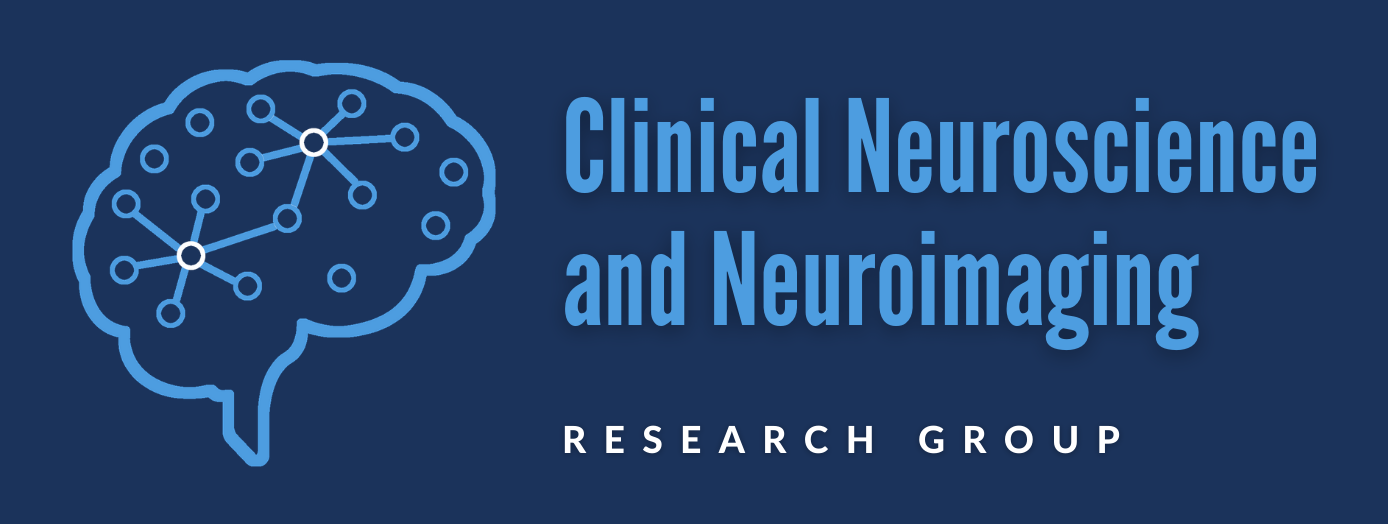
Mild Cognitive Impairment – examination and follow up
Mild Cognitive Impairment (MCI) is a risk group for major neurocognitive disorders (dementias). In MCI the cognitive deficit can be detected with neurocognitive tests, while everyday functioning is still intact. The high conversion rate to dementia gives the significance of MCI, however not all subjects with MCI develop dementia. Our major goal is to identify life-style factors, genetic, liquor, neuroimaging (EEG, MRI and PET), and plasma biomarkers, that help setting up the early diagnosis and assess the risk for developing dementia later.
Electrophysiological study of schizophrenia and autism spectrum disorder
The objective of our research group is to study by electrophysiological methods the basic perceptual and information-processing disturbances among adults with autism spectrum disorder and schizophrenia. Our findings on the relationship between perceptual disturbances, self-image experiences and social cognitive functions may help to better understand the neuroscientific background of schizophrenia and autism spectrum disorder. We also hope that the results might provide a theoretical basis for designing therapeutic interventions in the future.
Transcranial magnetic stimulation – treatment in depression and schizophrenia
Transcranial magnetic stimulation (TMS) is a non-invasive form of brain stimulation in which a changing magnetic field is used to cause electric current at a specific area of the brain through electromagnetic induction. While evidence for the efficacy of rTMS treatment in depression is solid and lead to FDA approval in 2008, findings on rTMS treatment in schizophrenia are somewhat controversial. Some results show improvement especially in facial expression recognition and social cognition applying a standard high frequency (10Hz) stimulation protocol on the left DLPFC, some other approaches trying to decrease negative symptoms were unsuccessful. Therefore, we believe that t is important to find new, effective rTMS protocols in schizophrenia. Our major goal is to study the efficacy and safety of new augmented rTMS protocols in the treatment of schizophrenia.
Social cognition and psychopathological factors in autism spectrum disorder and schizophrenia
Difficulty with reciprocal social interactions is one of the core symptoms of autism spectrum disorder and despite compensatory strategies, the deficiency often remains observable in adulthood. In schizophrenia, impaired social cognition is a significant source of difficulties in everyday functioning. Secure attachment, metacognition and the ability to form supportive social relationships are essential factors of effective psychotherapeutic interventions, but unfortunately, these are often the most affected areas for people with autism spectrum disorder or schizophrenia.
We argue that the application of methods that promote secure attachment and develop mentalization skills is essential to design appropriate care. The aim of our research group is to assess experiences, thoughts, emotions, and difficulties in everyday life and to examine how they relate to various life events, symptom severity, and certain personality traits.
Our results may contribute to the development of future therapeutic, cognitive remediation procedures, or even psychopharmaceuticals that will help with improving emotion recognition and social cognition, all of which would lead to better psychosocial functioning.
Research group members
Group leader: Gábor Csukly, MD, PhD
facebook:
https://www.facebook.com/klinikaiidegtudomany